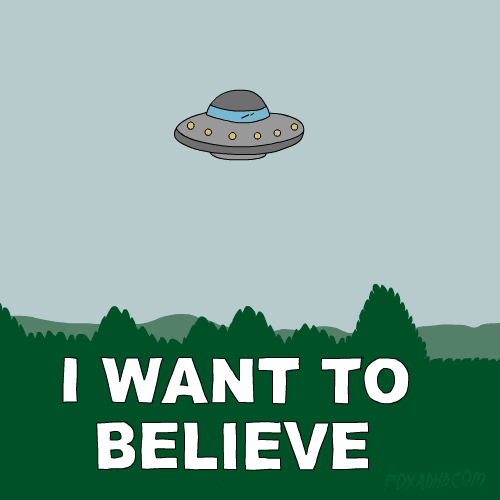- Joined
- Jun 24, 2008
- Messages
- 2,243
- Reaction score
- 85
I've done a little bit of research on the topic, and according to the American Osteopathic Association, these are the four major principles of osteopathic medicine. I pulled this from Wikipedia:
1: The body is an integrated unit of mind, body, and spirit.
2: The body possesses self-regulatory mechanisms, having the inherent capacity to defend, repair, and remodel itself.
3: Structure and function are reciprocally interrelated.
4: Rational therapy is based on consideration of the first three principles.
Personally, I believe in the philosophy of OMM and its efficacy in treatment of ailments. I've just read a book published by a now deceased M.D. who also believed in the philosophy. He took a somewhat holitistic approach to medicine. He also believed in the use of electricity in the treatment of bone healing, for example. He told of success in patient outcomes and how traditional medicine failed them.
So, what's your take on OMM? Do you believe in it? Do you practice it? Have you seen success when using it? If you said yes to any of the aforementioned questions, could you, please, elaborate? I'm curious to hear what the D.O. community has to say on the matter.
1: The body is an integrated unit of mind, body, and spirit.
2: The body possesses self-regulatory mechanisms, having the inherent capacity to defend, repair, and remodel itself.
3: Structure and function are reciprocally interrelated.
4: Rational therapy is based on consideration of the first three principles.
Personally, I believe in the philosophy of OMM and its efficacy in treatment of ailments. I've just read a book published by a now deceased M.D. who also believed in the philosophy. He took a somewhat holitistic approach to medicine. He also believed in the use of electricity in the treatment of bone healing, for example. He told of success in patient outcomes and how traditional medicine failed them.
So, what's your take on OMM? Do you believe in it? Do you practice it? Have you seen success when using it? If you said yes to any of the aforementioned questions, could you, please, elaborate? I'm curious to hear what the D.O. community has to say on the matter.

